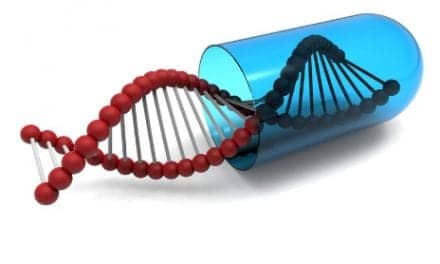A recent study describes how researchers treated satellite stem cells, found in skeletal muscles, with leukemia inhibitory factor (LIF), which helped the cells maintain their transplantation efficiency.
Satellite cells tend to lose their transplantation efficiency when cultured in vitro. However, when treated with LIF, the cells maintained their undifferentiated state, therefore enhancing their transplantation efficiency.
LIF is thought to be involved in muscle regeneration. The investigators found that when LIF-treated muscle stem cells were transplanted to skeletal muscle, they formed two to three times more muscle fibers as control cells did, explains a media release from IOS Press.
Transplantation of satellite stem cells can be a potential therapy for such diseases as Duchenne muscular dystrophy, per the release.
“To the best of our knowledge, this study provides the first report of the effect of LIF on the transplantation efficiency of primary satellite cells,” explains Shin’ichi Takeda, MD, PhD, of the Department of Molecular Therapy, National Institute of Neuroscience, National Center of Neurology and Psychiatry, Kodaira, Japan, one of the study’s authors. “This research enables us to get one step closer to the optimal culture conditions for muscle stem cells.”
“However, precise mechanisms of LIF for the enhancement of transplantation efficiency remain unknown,” he adds.
The study was published recently in the Journal of Neuromuscular Diseases.
[Source(s): IOS Press, Science Daily]





